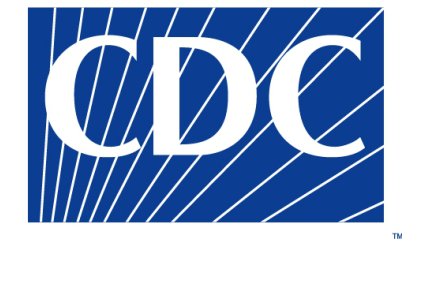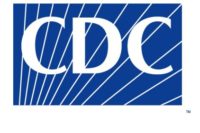 To identify more hidden infections, provide prompt and appropriate care and treatment and avoid tens of thousands of hepatitis C-related illnesses and deaths, the Centers for Disease Control and Prevention (CDC) is recommending that all U.S. baby boomers get a one-time test for the hepatitis C virus.
To identify more hidden infections, provide prompt and appropriate care and treatment and avoid tens of thousands of hepatitis C-related illnesses and deaths, the Centers for Disease Control and Prevention (CDC) is recommending that all U.S. baby boomers get a one-time test for the hepatitis C virus.
Hepatitis C is an unrecognized health crisis in the United States. This life-threatening infection affects an estimated 3.2 million Americans, most of whom are “baby boomers” (those born from 1945 through 1965). One in 30 baby boomers has been infected with hepatitis C, and most don’t know it. Hepatitis C causes serious liver diseases, including liver cancer (the fastest-rising cause of cancer-related deaths) and is the leading cause of liver transplants in the United States.
More than 15,000 Americans, most of them baby boomers, die each year from hepatitis C-related illness, such as cirrhosis and liver cancer, and deaths have been increasing steadily for more than a decade and are projected to grow significantly in coming years.
CDC estimates one-time hepatitis C testing of baby boomers could identify more than 800,000 additional people with the virus. And with newly available therapies that can cure up to 75 percent of infections, expanded testing – along with linkage to appropriate care and treatment – would prevent the costly consequences of liver cancer and other chronic liver diseases and could save more than 120,000 lives.
“Identifying these hidden infections early will allow more baby boomers to receive care and treatment, before they develop life-threatening liver disease and could potentially save tens of thousands of lives,” said Kevin Fenton, M.D., director of CDC’s National Center for HIV/AIDS, Viral Hepatitis, STD and Tuberculosis Prevention
“A one-time blood test for hepatitis C should be on every baby boomer’s medical checklist.The new recommendations can protect the health of an entire generation of Americans and save thousands of lives," said John Ward, M.D., director of CDC’s Division of Viral Hepatitis



